Across the globe, people are witnessing the gradual and pronounced impacts of climate change. Some of the most affected individuals are small-scale farmers, who have seen an increase in challenges like severe drought, intense periods of rainfall, flash floods, and an increase in pesticide exposure due to pest and disease infestations.
In response to the evolving global landscape, there is a growing call to adopt climate-smart agriculture practises to enhance agricultural productivity, increase resilience to climate-related shocks, and minimise environmental impact. The Lewa Sustainable Agriculture Programme (SAP) has been at the forefront of climate-smart agriculture, working with farmers to increase agricultural outputs, leading to improved food security in partner communities. Additionally, the programme has positively impacted 5,000 students in Lewa-supported schools through the Conservation Education Programme (CEP), as well as the implementation of drip irrigation technology and sustainable school gardens.

This year, the SAP has received renewed vigour with the signing of a strategic partnership with Alliance of Bioversity International and CIAT under its ‘Accelerating the Impact of CGIAR Climate Research for Africa’ project. The aim of this collaboration is to up the ante when it comes to the adoption of sustainable agricultural practises and improving agricultural productivity in the partner communities. Key activities include conducting soil testing for 500 farmers to accurately assess soil health and crop nutrition requirements, subsequently enhancing crop yields.
Moreover, the project seeks to strengthen the school demonstration farms within the pastoral and farming communities, fostering social inclusion for the initiative. Once these demonstration farms are enhanced, they will serve as a replicable model for other communities in arid and semi-arid areas of northern Kenya.

Additionally, the project aims to establish or support the maintenance of four school farms across the Eastern Cluster surrounding Lewa, where crop production is a primary source of income. The focus will be on implementing drip irrigation, ensuring water storage, and providing capacity building and training for the schools and groundsmen. The 4K (agricultural) clubs in the region will also receive support.
Through these efforts, the Lewa Sustainable Agriculture Programme and its partnership with Alliance of Bioversity International and CIAT strive to create resilient and sustainable agricultural systems that can withstand climate-related challenges while benefiting local communities and the environment.







